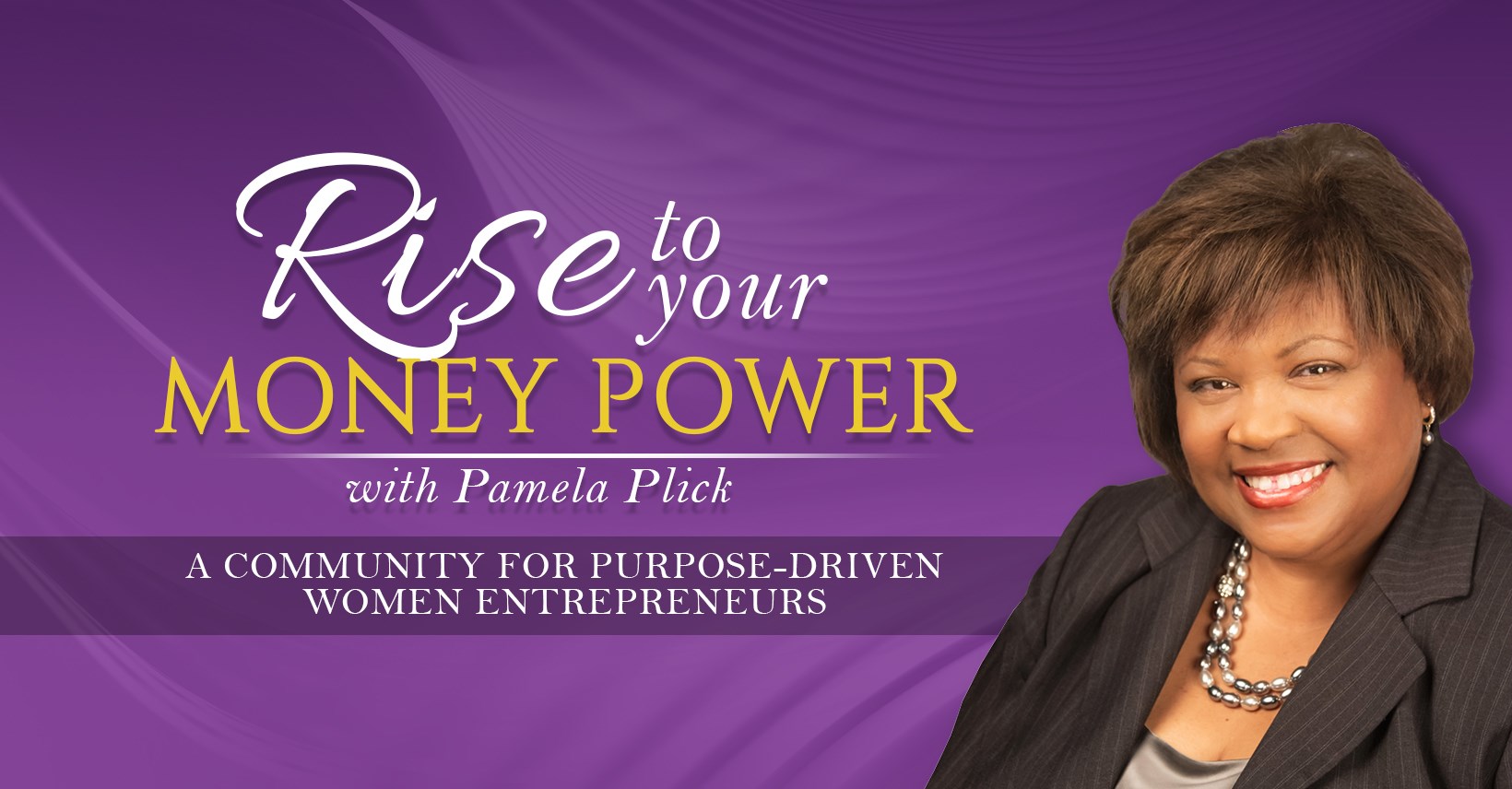Have you ever felt the weight of a financial choice lingering in the back of your mind—doubting if it’s “right,” or wishing you had more clarity?
Today, we’ll explore how to go beyond smart decisions to build a foundation of financial wisdom, so your choices feel aligned, confident, and sustained.
You’ll walk away with clear practices you can use to deepen your “money intuition” — turning empowered money moves into lifelong mastery.
Last week, we dove into Empowered Money Moves — five tangible ways to make financial decisions with clarity, confidence, and courage. That’s such a powerful place to start. But what if we could take it further?
What if, instead of making individual empowered moves, you developed a deeper sense of financial wisdom — one that guides you instinctively, even when life changes?
Below are 5 powerful ways to build on what you already have and bridge the gap between decision‑making and long‑term mastery:
1. Cultivate Financial Self‑Awareness
The foundation of wisdom is awareness. Before you can trust your money instincts, you need to know your internal landscape: your fears, your patterns, what beliefs are operating below the surface. When you understand where your resistance or emotional triggers around money lie, you can catch them early instead of being hijacked by them.
Awareness also includes understanding your money flows (income, expenses, debts, savings) in a nonjudgmental way. Knowing your actual numbers — not just in spreadsheets, but in your lived experience — gives you a map to navigate from.
Action Step: For one week, keep a “money emotions journal.” Each time a financial thought or decision arises (big or small), jot down the thought, what you feel, and what belief or story might lie behind it.
2. Develop a Values‑Anchored Framework
Financial wisdom is not about chasing every opportunity—it’s about aligning with your core values. When your decisions are anchored in what truly matters (security, freedom, purpose, legacy, etc.), you’ll filter choices more clearly.
A values‑anchored framework acts like a compass. When offers, wants, or fears tempt you, you refer back to your values to discern whether a decision supports or detracts from what you truly care about.
Action Step: Write down 3–5 core values around money (examples: freedom, generosity, growth, peace). For each upcoming financial decision you make this week, ask: “Which of these values does this support or contradict?”
3. Build a Decision Ritual
Even the wisest people benefit from structure. Create a ritual you use for any significant decision—small or large. A ritual might include pausing, breathing deeply, consulting your values, projecting 6–12 months ahead, and asking two guiding questions: “Does this feel aligned?” and “What’s the smallest next step?”
Over time, this ritual becomes muscle memory. Your brain begins to recognize and respect it, and you’ll start to feel a quiet confidence around how you come to decisions.
Action Step: Design your decision ritual. Write the steps you’ll follow each time. Then, apply that ritual to at least one decision (even a small one) this week and notice how your internal experience shifts.
4. Learn from Past Choices
Wisdom is partly retrospective. Regularly review your past financial decisions (good and not‑so‑good). Ask: What went well? What didn’t? What blind spots or assumptions did I have? What patterns repeat?
By turning past choices into insight, you refine your internal radar. Mistakes become lessons; successes become models you want to replicate.
Action Step: Pick one past financial decision (it can be recent or long ago). Map out what went into that choice (emotions, beliefs, information, constraints). Write down three insights you gained and how you’ll use them moving forward.
5. Practice Trust + Adjustment
Walking in financial wisdom doesn’t mean you’ll always be perfect. Sometimes you’ll choose imperfectly. Wisdom shows up when you trust yourself enough to course‑correct. Rather than ruminating in regret, you assess, adjust, and move on.
This means giving yourself permission to pivot and adopt a growth mindset. As life evolves (new job, family, market shifts), your principles stay steady but your tactics adapt.
Action Step: Choose one current or upcoming money decision. Mentally set up a “feedback loop” — schedule a check‑in (in 1 month) to evaluate how it’s going. Be ready to adjust it if needed, rather than labeling it as failure.
Empowered money moves lay the groundwork — but cultivating financial wisdom takes you to a deeper level. When you strengthen awareness, anchor decisions in values, ritualize your process, glean lessons from the past, and build trust in your ability to adjust, you transform from a decision‑maker into a wise steward of your resources. Over time, your confidence will come less from the size of a choice and more from the strength of your internal foundation.
Are you ready to break free from challenging patterns and blocks, and take charge of your financial destiny? If so, this is your moment! Join me for a powerful MONEY POWER BREAKTHROUGH Call, where we’ll outline a personalized mini-plan to empower your relationship with money. Learn more and apply here: https://pamelaplick.com/breakthroughcall/
#WomenAndMoney #FinancialWisdom #MoneyMastery #EmpoweredFinances #ValuesDrivenWealth #RiseToYourMoneyPower






